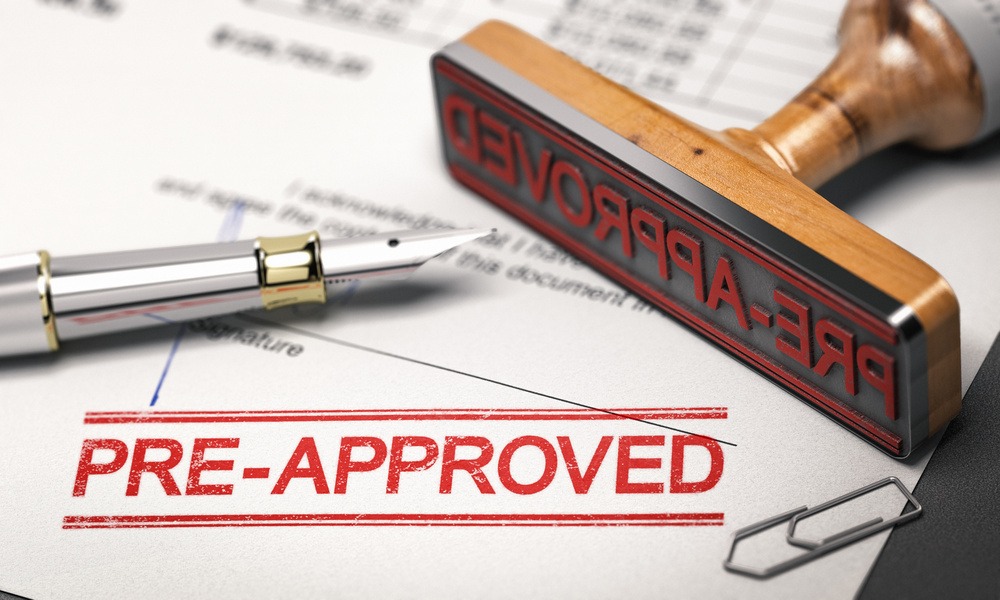
Buying a house is one of the biggest investments you’ll ever make. And while it’s normal for one to feel excited or eager to start browsing online for property listings or waltzing through open houses, there’s an essential task you need to do first: lining up your finances.
Unless you have a huge amount of cash in your bank account, you may need to get a loan to finance your home purchase. That said, this article will outline five tips you can consider to financially prepare for buying a home with a loan:
- Find The Right Mortgage For Your Financial Situation
Regardless of where you live, there’s no shortage of home loan options for you. But before opting for the first mortgage deal you see, it’s important to do your research and compare several providers to ensure that you’re getting the right one for your financial situation.
In general, there are several factors to consider when choosing the right mortgage for your needs. These include:
- Type of mortgage
- Interest rates and fees
- Loan length
- Repayment terms
- Lender reputation
You can use online services that’ll allow you to compare several mortgage lenders and their offers. For instance, if you’re looking for a home in New Zealand, you can easily check the mortgage market and compare at mortgages.co.nz.
- Fix Your Credit
Your credit score is one of the biggest factors that can impact your financial readiness when it comes to buying a home. After all, lenders will use this and your overall credit report to determine your eligibility for a mortgage as well as the interest rates to offer you.
A poor credit score means higher interest rates and vice versa. And the higher the interest rate is, the more costly it can be to take out a home loan. That said, you’d want to make sure to repair any black marks on your credit report, including late payments, outstanding loans, and accounts in collections.
Depending on your current credit situation, you may need to fix your credit score at least 6 months before starting the process of buying a new home. This is especially since building or rebuilding a good credit score doesn’t happen overnight. During this period, ensure to pay off any due balances and negotiate settlements with creditors. In addition, you should also double-check any inaccuracies in your credit report that may be bringing down your score.
Essentially, by cleaning your debt and increasing your credit score, you can become more attractive to banks and lenders.
- Set A Budget
As mentioned before, buying a house is a big financial task. As such, you must know how much you can actually afford for a new house. Your debt-to-income ratio can offer a good insight into whether you can afford to pay back your mortgage. Also, getting pre-approved for a home loan can provide you with more accurate insight into how much loan you’re eligible for and what your monthly payments could be.
However, this estimate doesn’t include other financial obligations you have, such as monthly bills or family responsibilities and expenses. Thus, consider how much of a monthly payment you can comfortably afford while also taking into consideration the mandatory bills and payments you need to make every month.
- Save Enough For Down Payment And Closing Fees
Even if you’re taking out a loan to buy your home, you still need to have enough money for the down payment and closing fees. Depending on your lender, you may be required to pay a down payment. Conventional down payment starts at 3-5%, while it could go up as much as 20% of your home’s value. You may also find special home loans offered by the government that can keep your down payment as low as 0-3%.

In addition to the down payment, closing fees are another set of expenses that you’ll need to pay upfront when buying your home. This can add up to 2-5% of the loan amount to your final upfront payment. These fees may include:
- Appraisal costs
- Credit check fees
- Home inspection costs
- Title insurance and search fees
While closing costs are inevitable when buying a home, it can be helpful to find a lender that can reduce or waive them.
- Have An Emergency Fund
Even if you’re confident that you can settle your monthly mortgage payments, unexpected expenses can pop up after purchasing your home. Whether it’s to repair a sudden leak in your new home or a health emergency with your family, your allotted budget for loan payment may be used to shoulder such expenses.
This is why simply setting a monthly loan payment budget and saving money to cover your down payment and closing costs are not enough. You need to be prepared to cover unexpected expenses, and having an emergency fund can help offset these unforeseen costs.
Takeaway
Purchasing a house is a huge financial achievement. However, it can be quite challenging, especially if you lack the preparation. That said, the above tips can help make sure you’re on the right track and become financially savvy in your home-buying journey.


































